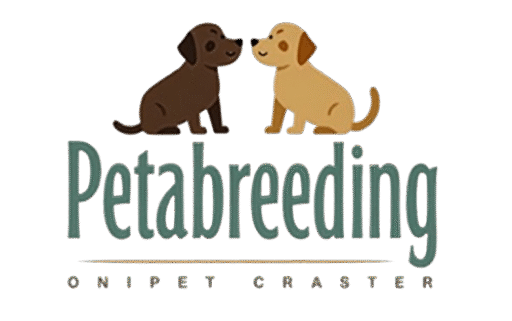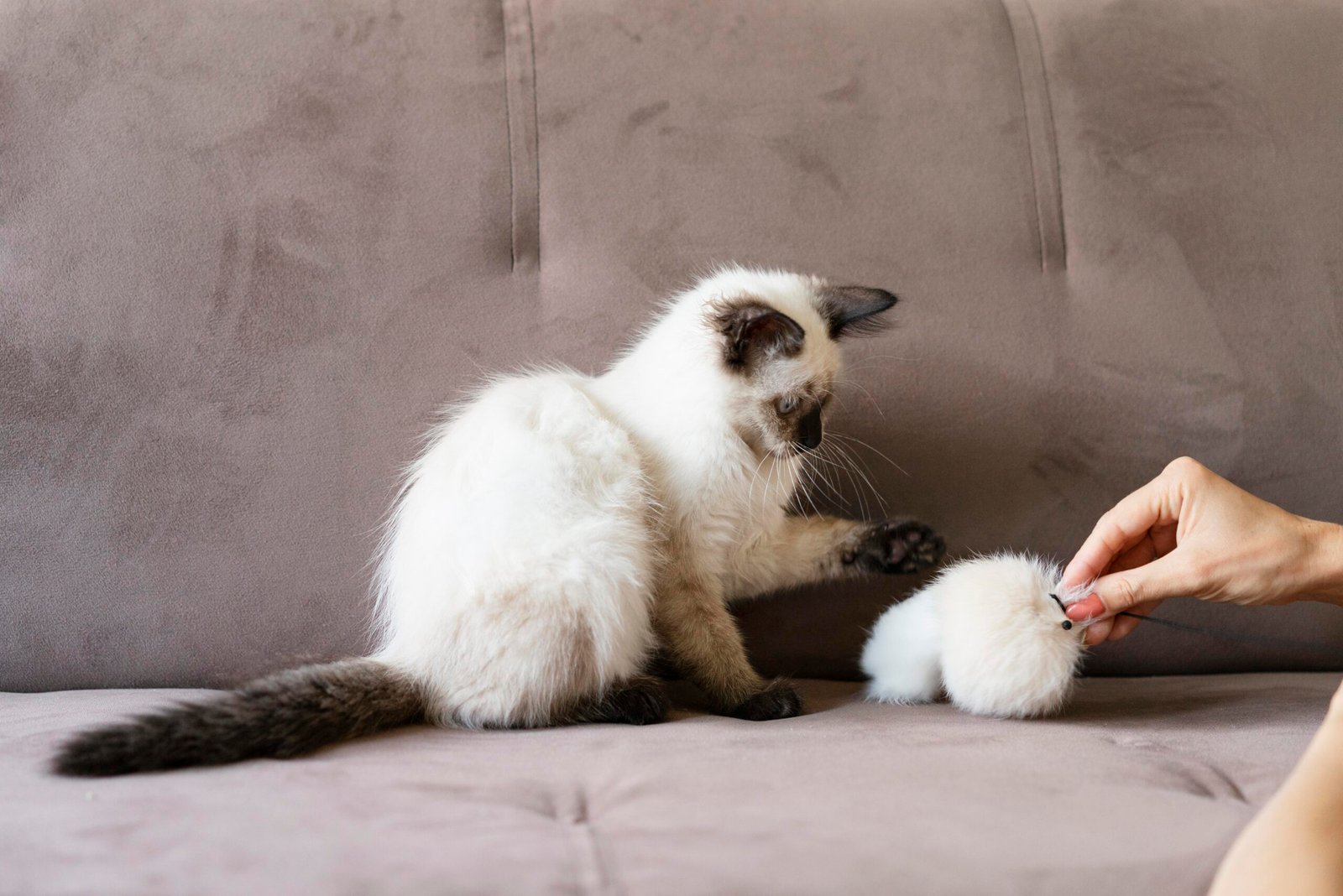The Maine Coon cat is a breed that commands attention, not just for its impressive size but also for its majestic appearance and remarkably gentle nature. Often referred to as the “gentle giant” of the feline world, this native American longhair is one of the most popular and beloved cat breeds across the globe. With their shaggy coats, tufted ears, and bushy tails, they resemble a small wild lynx, yet possess the heart of a devoted companion. This guide will delve into every aspect of raising and caring for this magnificent breed, from their storied history to their specific health and grooming needs, providing you with everything you need to know about the incredible Maine Coon cat.
A Storied History: The Origins of an American Original
The history of the Maine Coon cat is shrouded in folklore and fascinating theories. As their name suggests, they hail from the state of Maine, where they were bred to withstand the harsh New England winters. One popular, albeit biologically impossible, romantic tale suggests they are the result of a cross between a domestic cat and a raccoon—a myth inspired by their bushy, ringed tails. Another legend connects them to Marie Antoinette, claiming that her long-haired cats were shipped to Maine for safety during the French Revolution.
The most plausible theory, however, is that the breed descended from the long-haired cats brought to America by seafarers and Vikings. These cats likely interbred with the local short-haired domestic cats, and through natural selection, the strongest and most resilient felines evolved into the robust breed we know today. The hardy and self-sufficient Maine Coon cat became a favorite on farms and ships for its exceptional mousing skills. After a period of decline in popularity, the breed saw a resurgence in the mid-20th century and has since become a cherished household pet worldwide.
Defining Features: Physical Characteristics of the Gentle Giant
The most striking feature of the Maine Coon cat is undoubtedly its size. They are one of the largest domesticated cat breeds, with males typically weighing between 13 to 18 pounds (5.9 to 8.2 kg), and some tipping the scales at over 20 pounds. Females are slightly smaller, usually weighing between 8 to 12 pounds (3.6 to 5.4 kg). They are slow to mature, often not reaching their full size until they are three to five years old.
Their physical build is solid, muscular, and rectangular, built for navigating challenging terrain. Their coat is a key adaptation, consisting of a dense, water-resistant, three-layer fur that is longer on the ruff, stomach, and britches to protect them from snow and ice. This shaggy coat comes in a vast array of colors and patterns, with the brown classic tabby being one of the most iconic.
Their large, expressive eyes are typically shades of green, gold, or copper. Distinctive features also include large, well-tufted ears that provide excellent hearing and protection from the cold, and large, round paws that act like snowshoes. And, of course, there’s the magnificent tail—long, bushy, and often carried proudly like a banner, it is a hallmark of the Maine Coon cat.
Temperament and Personality: A Friend to All
Despite their imposing size and wild appearance, the temperament of the Maine Coon cat is anything but fierce. They are known for their sociable, good-natured, and affectionate personalities. They are highly intelligent, playful, and retain a kitten-like curiosity well into their adult years. Unlike many cat breeds that are aloof and independent, the Maine Coon is a people-oriented cat that enjoys being part of family activities. They often form strong bonds with their owners and will follow them from room to room, offering their quiet companionship.
They are known for being particularly good with children and other pets, including cat-friendly dogs, thanks to their patient and laid-back demeanor. While not typically lap cats in the traditional sense—their size can make it a bit awkward—they show affection in other ways, such as head-butting, purring loudly, and “trilling” or “chirping,” a unique vocalization that is a delightful mix of a purr and a meow. This blend of dog-like loyalty and feline grace is a defining characteristic of the Maine Coon cat.
Health and Wellness: Caring for Your Gentle Giant
The Maine Coon cat is generally a healthy and robust breed with an average lifespan of 12 to 15 years. However, like all purebred animals, they are predisposed to certain genetic health conditions. Responsible breeders will screen their breeding stock for these issues. Key health concerns include:
- Hypertrophic Cardiomyopathy (HCM): This is the most common form of heart disease in cats. It involves a thickening of the heart muscle, and responsible breeders will perform DNA tests and echocardiograms on their cats to screen for it.
- Hip Dysplasia: While more common in dogs, this malformation of the hip joint can affect large cat breeds. It can cause pain and arthritis but can often be managed with medication and weight control.
- Spinal Muscular Atrophy (SMA): This is a genetic disorder that affects the spinal cord neurons, leading to muscle weakness and atrophy in the hind limbs. A DNA test is available to identify carriers.
Regular veterinary check-ups, a balanced diet, and maintaining a healthy weight are crucial for the long-term health of any Maine Coon cat.
Grooming a Glorious Coat
That beautiful, shaggy coat requires regular maintenance to keep it in top condition. While the fur of a Maine Coon cat is surprisingly resistant to matting due to its silky texture, it still needs to be brushed at least two to three times a week. This helps to remove loose hair, prevent tangles, and reduce shedding. A good quality steel comb and a slicker brush are essential tools. Pay special attention to the areas under the legs and on the stomach, where mats are more likely to form. Regular grooming sessions from a young age will help your kitten become accustomed to the process.
Diet and Exercise: Fueling the Big Cat
Given their large size, it’s no surprise that the Maine Coon cat has a healthy appetite. They require a high-quality, protein-rich diet to support their muscle mass and energy levels. It’s crucial to provide age-appropriate food, starting with a kitten formula designed for growth and transitioning to an adult formula around their first birthday. Both wet and dry food have their benefits; wet food helps with hydration, while dry food can aid in dental health. Portion control is essential to prevent obesity, which can exacerbate potential joint problems like hip dysplasia.
To keep them physically and mentally stimulated, a Maine Coon cat needs plenty of opportunities for play and exercise. Their intelligent minds enjoy a challenge, so interactive toys, puzzle feeders, and laser pointers are excellent choices. Despite their size, they are surprisingly agile and often enjoy climbing, so providing a tall, sturdy cat tree is a great idea. Daily play sessions will not only keep your gentle giant fit but will also strengthen the bond you share. This active engagement is a vital part of caring for a Maine Coon cat.
In conclusion, the Maine Coon cat is a truly exceptional breed that offers the best of both worlds: the striking beauty of a near-wild creature with the loving, dependable heart of a devoted family pet. Their intelligence, playful nature, and gentle disposition make them a perfect fit for a wide variety of households. By understanding and providing for their specific needs, you will be rewarded with the unwavering companionship of one of the feline kingdom’s most magnificent members. The journey of raising a Maine Coon cat is one filled with joy, affection, and plenty of playful chirps.
Sources:
- The Cat Fanciers’ Association (CFA). “About the Maine Coon.” Retrieved from https://cfa.org/maine-coon-cat/
- The International Cat Association (TICA). “Maine Coon Breed.” Retrieved from https://www.tica.org/breeds/browse-all-breeds?view=article&id=853:maine-coon-breed&catid=79
- Cornell Feline Health Center, Cornell University College of Veterinary Medicine. “Hypertrophic Cardiomyopathy.” Retrieved from https://www.vet.cornell.edu/departments-centers-and-institutes/cornell-feline-health-center/health-information/feline-health-topics/hypertrophic-cardiomyopathy
- VCA Animal Hospitals. “Hip Dysplasia in Cats.” Retrieved from https://vcahospitals.com/know-your-pet/hip-dysplasia-in-cats
- PetMD. “Maine Coon Cat Breed Health and Care.” Retrieved from https://www.petmd.com/cat/breeds/maine-coon




